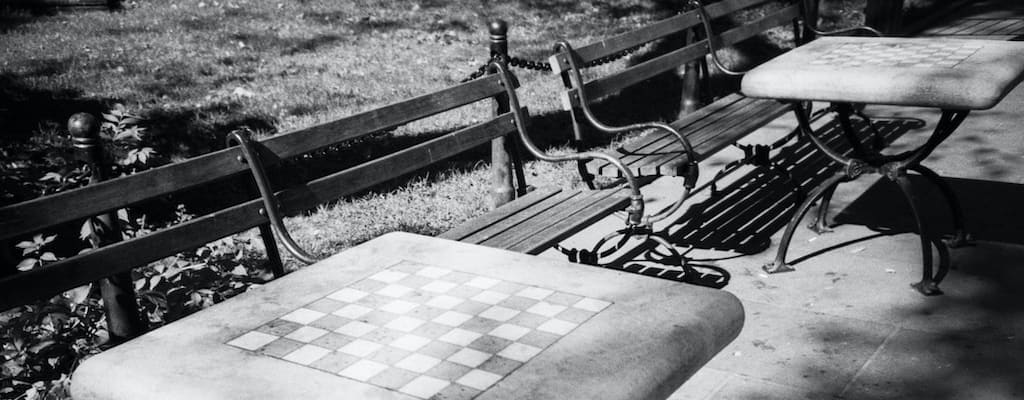pub-crawl: Idiom Meaning and Origin
What does ‘pub-crawl’ mean?
The idiom "pub-crawl" refers to the act of visiting multiple pubs or bars in one night, typically with the intention of drinking in each establishment. It is a social activity that involves moving from one venue to another, often with a group of friends.

Idiom Explorer
The idiom "rub elbows" means to socialize or interact closely with someone, typically someone who is famous or influential.
The idiom "pull an all-nighter" means to stay up all night working or studying without sleeping.
The idiom "publicity hound" refers to a person who relentlessly seeks attention and publicity. They are often willing to do anything to be in the spotlight, even if it means behaving in an exaggerated or attention-seeking manner.
The idiom "prop up the bar" means to stand or sit at a bar for an extended period of time, often while drinking alcohol. It implies a sense of leisure or indulgence.
When someone says "press the flesh," it means getting out and meeting people personally.
The idiom "pound the pavement" means to walk or travel on foot, especially in search of employment or to promote a cause.
The idiom *pound a beat* means to walk or patrol a particular area repeatedly, typically referring to the activities of police officers or security guards. It implies a sense of dedication and thoroughness in carrying out one's duties.
The idiom "piss around" means to waste time or engage in unproductive or frivolous activities.
The idiom "piss more than one drinks" means to complain or express dissatisfaction excessively, often without taking any action to improve the situation.
The idiom "pay a visit" means to go and see someone or something, usually for a short period of time, as a friendly or official visit.
FAIL
"Pub-crawl" is a colloquial expression used to describe moving from one pub to another, typically with the intention of consuming alcoholic beverages. This phrase is primarily used in English-speaking countries, such as the United States and United Kingdom. The term "pub" is short for "public house," which refers to a drinking establishment that sells alcoholic beverages to be consumed on the premises. The origins of this idiom can be traced back to the early 19th century.
The exact origin of the idiom "pub-crawl" is uncertain. However, its meaning and usage have evolved over time. The term "crawl" in this context refers to the act of moving slowly or laboriously, indicating that a pub-crawl involves visiting multiple pubs in a deliberate and leisurely manner. It is often seen as a social activity, where a group of friends or acquaintances embark on a night out together, hopping from one pub to another.
One plausible theory suggests that the idiom may have emerged in Britain during the 19th century. Urbanization and industrialization led to the proliferation of public houses in towns and cities. As working-class individuals sought respite from their labor-intensive lives, the pub became a popular gathering place. Pub-crawling, then, could have emerged as a way to explore and enjoy the variety of drinking establishments in a particular area.
A notable aspect of the pub-crawl idiom is its association with conviviality and camaraderie. Participating in a pub-crawl is often viewed as a social bonding experience, providing an opportunity for individuals to barhop, engage in conversation, and share experiences over drinks. It allows people to explore different venues, sample various beverages, and immerse themselves in the vibrant atmosphere of the local drinking hole scene.
In contemporary usage, the idiom "pub-crawl" has expanded beyond its traditional meaning of visiting multiple pubs in a single night. It can also encompass other related activities, such as exploring different bars, lounges, or nightclubs in succession. Furthermore, the term has also been borrowed metaphorically to describe a leisurely exploration of different food establishments or cultural attractions.
Despite its widespread usage and cultural significance, the idiom "pub-crawl" is not without its critics. Some argue that it promotes excessive drinking or encourages irresponsible behavior. However, proponents of the idiom maintain that it is merely a form of entertainment and should be approached responsibly, with moderation and respect for personal boundaries.
The idiom "pub-crawl" has become a popular expression used to describe the act of leisurely moving from one pub to another. Its origins can be traced to the 19th century in England, and it has evolved to encompass various related activities. Although it may have its detractors, the idiom continues to be embraced by many as a social experience that fosters camaraderie, exploration, and barhopping adventures.
Example usage
Examples of how the idiom pub-crawl can be used in a sentence:
1. John suggested we go on a pub-crawl this weekend to celebrate his birthday.
2. After a long day at work, Sarah decided to go on a pub-crawl with her friends to unwind.
3. The group of tourists went on a pub-crawl to experience the local nightlife in the city.
More "Recreation" idioms



